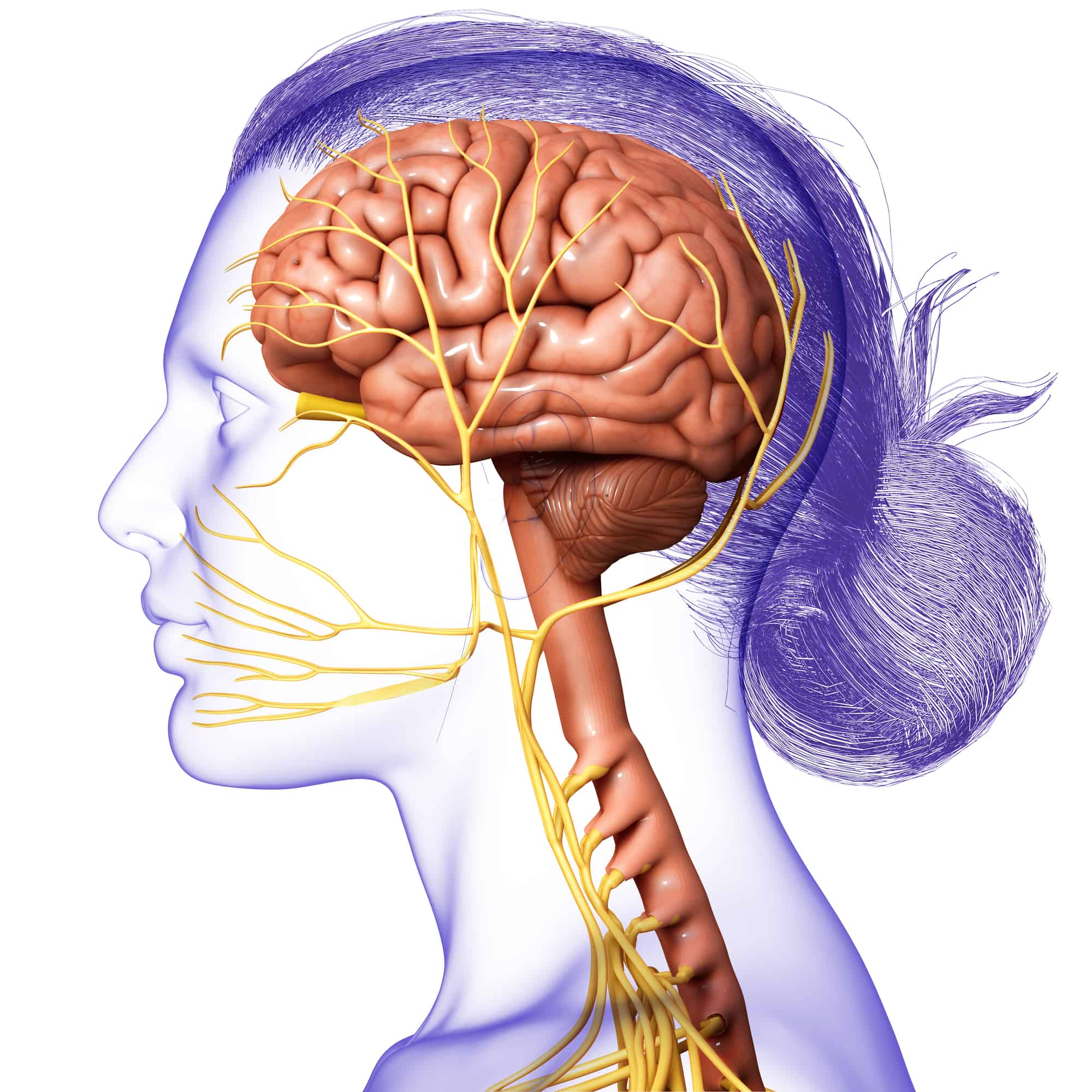
02 Oct What Happens in the Vagus, Doesn’t Stay in the Vagus
The vagus nerve comprises one of the most important nerves in the body. The vagus nerve helps control and regulate important automatic functions such as heart rate, breathing, respiration, digestion, hormone control, and much more. The vagus nerve starts in the brainstem and branches down through the spine to vital organs such as the heart, lungs, esophagus, digestive tract, reproductive organs, and a host of others. Normal body function relies on the health of the vagus nerve and its ability to send, receive, and perceive nerve messages.
The vagus nerve proves especially important to Chiropractors because of the link between essential nerves and the spine and upper neck. Spinal health plays a significant role in directing the health of the vagus nerve. If the spine becomes altered in its positioning or ability to move freely, the information to and from the vagus becomes interrupted. Chiropractors play close attention to the alignment and movement of the spine to assure better vagus nerve activity.
One of the primary tests used to check the function and efficiency of the vagus nerve comes from heart rate variability (HRV). HRV measures autonomic vagal nerve activity. A higher HRV indicates better output and a healthier person.
Medical research from 2018 linked many chronic diseases to altered vagus nerve function, assessed and detected through HRV readings. Increased episodes of cardiovascular disease, cancer, and chronic obstructive pulmonary disease (COPD) were directly correlated to lower HRV readings. Higher HRV readings linked to lowered chronic disease risk. Higher HRV readings also predicted lower rates of mortality, longer survival for cancer patients, and reduced levels of insulin resistance and prediabetes.
Vagus nerve activity also connects to a specific part of the brain known as the frontal brain, directly impacting the regulation of lifestyle behaviors. Higher vagal nerve activity predicts a reduced risk of major chronic disease and lowered inflammation. Research dictates that physicians and health policy makers begin using HRV routinely for the prediction and possible prevention of major diseases. Chiropractic plays an important role in reducing chronic disease through adjustments which directly influence vagal nerve function.
New research from 2018 proves that a Chiropractic adjustment improves HRV by boosting the health function of the vagus nerve. An improvement in the vagus nerve activity plays a major role in regulating autonomic nervous system function, lowering chronic disease risk, and decreasing mortality rates. Better health and function within the nervous system represents only a portion of the benefits experienced through regular Chiropractic care. All people deserve the proven health care option delivered conveniently by a local Chiropractor.

